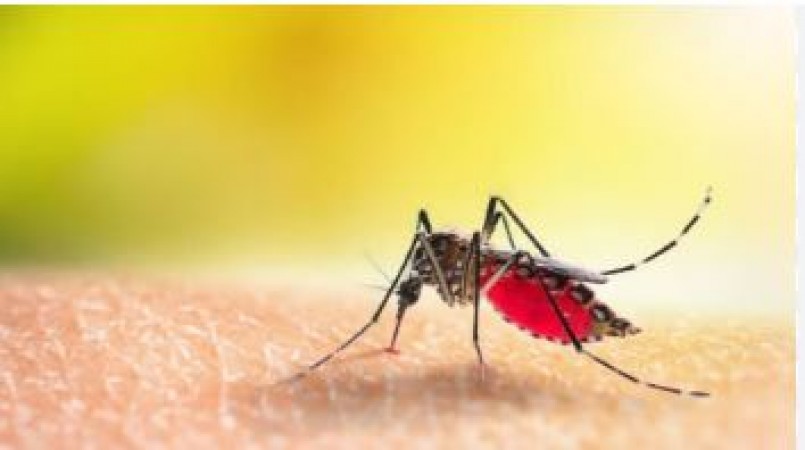
These days dengue, malaria, and viral fever are spreading rapidly. The main cause of these diseases is infection caused by mosquito bites. Mosquito bites can spread serious diseases like chikungunya, malaria, and dengue.
Dengue is a serious viral infection, which is mainly caused by the bite of an Aedes mosquito. The main symptoms of dengue include high fever, muscle and joint pain, and rashes on the body. Apart from this, the patient may also have vomiting and headache. Dengue fever increases suddenly and this can make the patient's condition serious.
Severe symptoms of dengue can include hemorrhagic fever, dengue shock syndrome, bleeding, organ failure, and even the risk of death. These symptoms indicate a severe stage of dengue and require immediate medical attention.
A special problem in dengue is the rapid fall of platelets. Normally a human body has 3-4 lakh platelets. But in dengue patients, the number of platelets starts falling suddenly. If the platelets fall between 1 lakh to 50 50,000, then it is a matter of concern. The most serious situation occurs when the number of platelets reaches 10 thousand.
If the platelets of a dengue patient are falling rapidly and a blood transfusion is required, then this can be a very serious situation. In such a case, the patient's life can also be in danger. Therefore, along with the symptoms of dengue, monitoring of platelets is also important.
Dengue is a serious disease that spreads through mosquito bites. It is important to recognize its symptoms and get timely treatment. Do not take the problem of platelet deficiency lightly and seek immediate medical help in serious situations. By adopting mosquito prevention measures, you can avoid this disease and maintain your health.
The Shift in Banking Jobs: How Digitalization is Changing the Financial Sector
Little Girl's Joyride in Driverless Car Sparks Internet Debate: Safety vs. Innovation